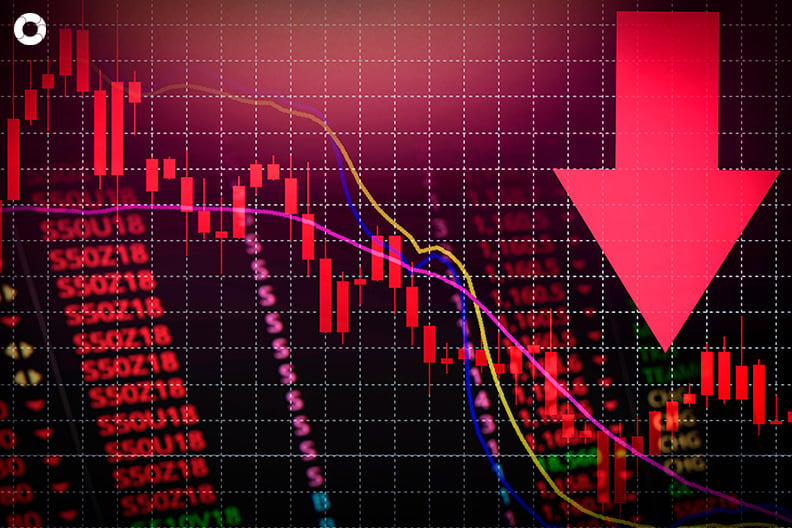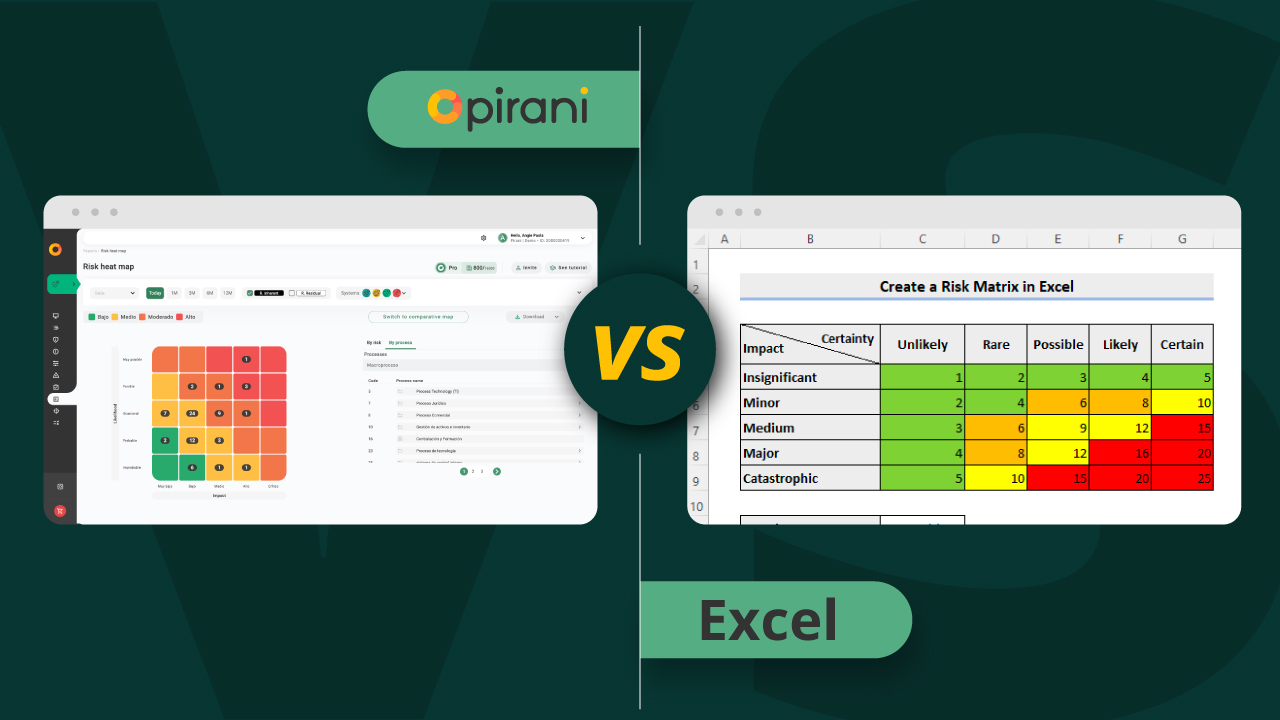What is market risk?

This is one of the most common financial risks that can arise since it is related to the variation of a price or market rate. Next, we will give you its definition and the types that exist. This is one of the most common financial risks that can arise since it is related to the variation of a price or market rate. Next, we will give you its definition and the types that exist.
What is market risk?
This risk is also known as systematic risk and it is given by the value losses that can occur of an asset that is related to the fluctuation of its price in the market. That is, it is the risk that the value of an asset decreases due to fluctuations in accordance with the conditions that are in the market; either the variation of the prices of value, interest rate or exchange, as well as the variation in the prices of raw materials. But if this definition is still not clear to you, we give you one more: market risk refers to the loss of value of an asset that is related to market variations and fluctuations. In the case of a company, it is associated with contingencies that may directly or indirectly alter the commercial or economic variables of sales or quotation.
Types of market risk
Exchange risk
It is the risk that is related to the loss that occurs due to the exchange variations that occur. This is related to the volatility of the company according to the type of currency it handles.
The risks that are related are:
- Transactional risk: it relates to operations in foreign currencies that are not expired.
- Economic risk: it is associated with the official currency used by the company to carry out its economic activities.
- Accounting risk: given by operations in foreign currencies.
Goods price risk
It is the probability that there is a negative result related to the prices of products, services and, at the same time, that of the company compared to these commodities. For example, if the organization has to acquire a product, it would be a great advantage if its value decreased and if within its social activity it buys it to sell it, it would be beneficial for its price to increase. However, this will depend on supply-demand.
Interest risk
This is given by the variation of interest in the opposite direction to that established in the organization. If the company has any type of credit or loan, it will be of great help if the interest goes down, but if, on the contrary, the entity is the one that lends it will benefit if the interest goes up.
Stock price risk
It occurs when there is a probability that an entity has negative results in its portfolio of shares. It is classified as a specific or non-diversifiable risk. How to face market risk? Different contingency mechanisms can be applied to mitigate the possible risks that may arise due to the variations that occur in the market. For this, policies must be established that are related to currency fluctuations in national and international markets. Be alert to inflation in each country, so that movements are not affected by interest rates. Create marketing strategies for the product or company to position themselves. It should be noted that market risk depends on supply and demand, which is normally related to the company's sales and value.
How to face market risk?
Different contingency mechanisms can be applied to mitigate the possible risks that may arise due to the variations that occur in the market. For this, policies must be established that are related to currency fluctuations in national and international markets. Be alert to inflation in each country, so that movements are not affected by interest rates. Create marketing strategies for the product or company to position themselves. It should be noted that market risk depends on supply and demand, which is normally related to the company's sales and value.
You May Also Like
These Related Stories

Excel vs. Cyber-Risk Management Platform: Better Option to Mitigate Risk

3 tips for identifying risks

4 risks that can affect your company's reputation

You have a new risk management alert! 🔔

Top U.S. Money Laundering Cases and Avoiding AML Risks


No Comments Yet
Let us know what you think